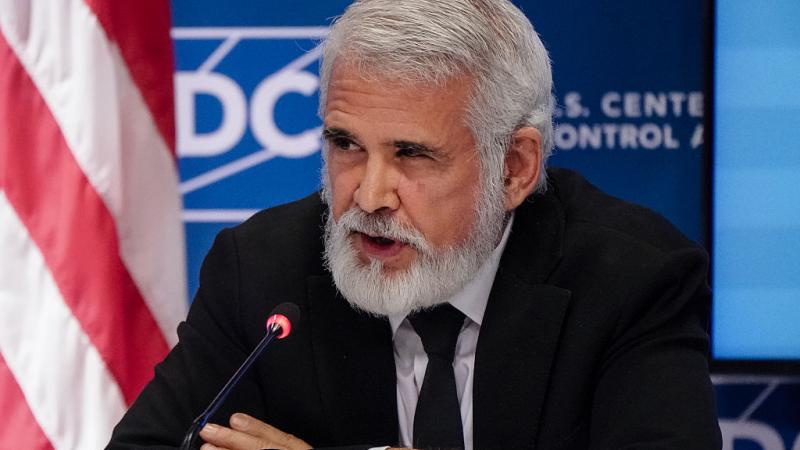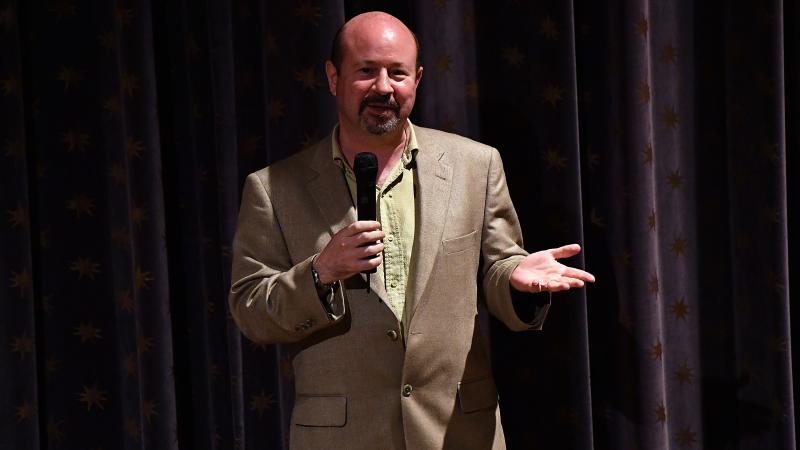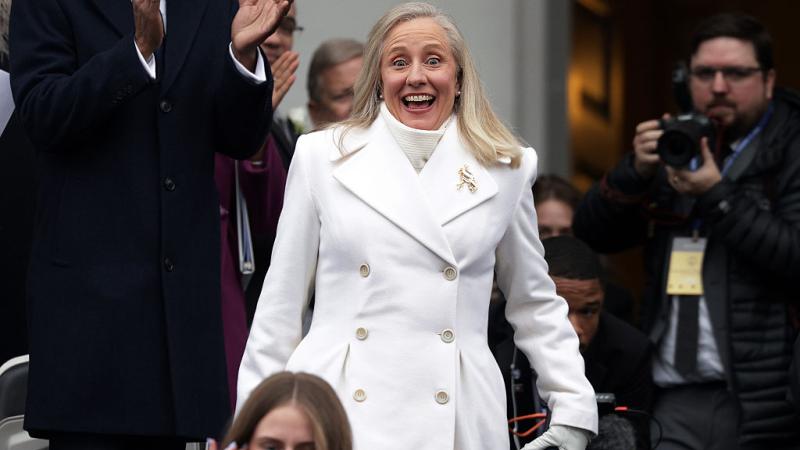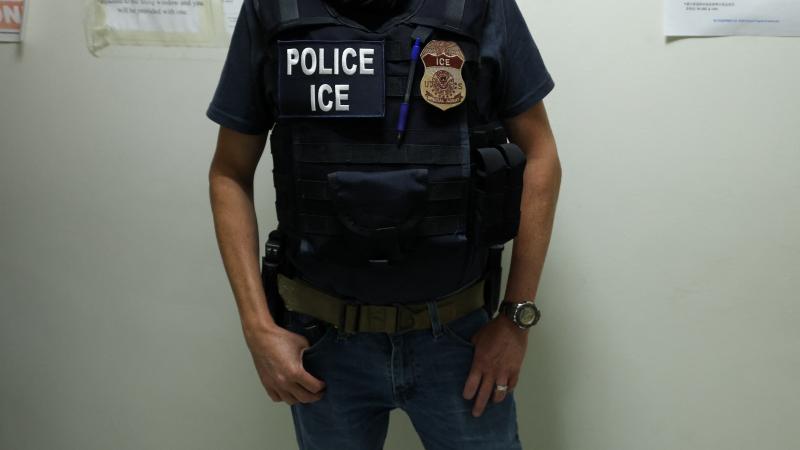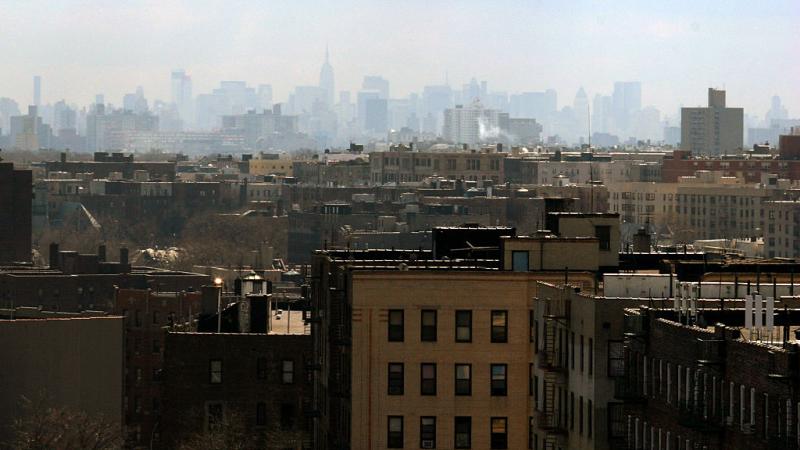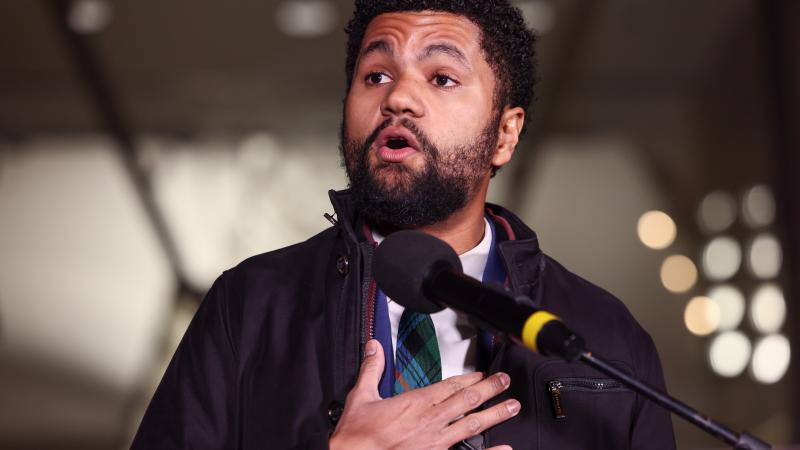The global race has begun to find an antibody serum for coronavirus
Testing has begun to isolate the antibodies most effective against COVID-19. The resulting treatments are not vaccines or cures but can save lives.
While there is no magic bullet yet to stop COVID-19, scientists from Beijing to Baltimore have begun a global scramble to isolate the antibodies most effective against the virus in hopes of developing interim immunization serums that can buy time for a vaccine.
It's a medical practice that was tried in its most rudimentary form during the smallpox outbreaks of the Revolutionary War and as recently as the Ebola outbreak in Africa in 2014.
The coronavirus effort got a boost when the U.S. Food and Drug Administration recently announced a flexibility in their regulations to open the market to the public health, laboratory and university arenas to advance the development of COVID-19 antibodies testing. It allows a person's blood to be drawn and tested to see if someone has been infected with COVID-19.
The policy shift was made to discover medically whatever can be found to accelerate the discovery of a COVID-19 immunization. Instead of looking for the virus in the nose or throat, this change allows the doctors to examine a patient's blood. The test is approved by Cellex and will take 15 to 20 minutes to get a result.
Between finding a vaccine to prevent COVID-19 and a drug to cure the COVID-19 disease lies the medical hunters for the active and passive antibodies which could lead to a COVID-19 immunization, essentially blood plasma serums with antibodies that can help someone become resistant to the disease.
Dr. Anthony Fauci, the nation's infectious disease chief, said while the top focus right now is on mitigation, containment, and flattening the virus curve to lessen the burden on the U.S. healthcare industry, the anti-bodies research nevertheless "is the right thing to do."
The irony of developing an immunization is that more people have to become infected to help those who are potentially high-risk who may not yet be infected and those severely infected. It's a Catch-22 that serves the well-being and survival of humanity.
Fauci broke down the antibodies testing significance during a White House briefing earlier this week.
"It's based upon the same principle of if you have a protective antibody, passive transfer that could provide not only protection, prophylactically, but also treatment. This is an old concept. In fact, immunology was born decades and decades and decades ago with the concept of giving passive transfer of serum to an individual to protect them from an infection," he said.
Matter of fact, immunization was used during the American Revolution's smallpox outbreak among George Washington's troops. Washington ordered his troops to infect each other to immunize them to win the war against the British.
A March 2020 report in the Journal of Clinical Investigations argued that human convalescent serum is an option for prevention and treatment of COVID-19 disease that could be rapidly available when there are sufficient numbers of people who have recovered and can donate immunoglobulin-containing serum.
The Center for Disease Control (CDC) explains it this way. "Antibodies can be found in the blood and in other tissues of those who are tested after infection. The antibodies detected by this test indicate that a person had an immune response to SARS-CoV-2, (COVID-19) whether the symptoms developed from infection or the infection was asymptomatic. Antibody tests results are important in detecting infections with few or no symptoms."
"Passive antibody therapy involves the administration of anti-bodies against a given agent to a susceptible individual for the purpose of preventing or treating an infectious disease due to an agent," it added. "In contrast, active vaccination requires the induction of an immune response that takes time to develop and varies depending on the vaccine recipient. Thus, passive antibody administration is the only means of providing immediate immunity to susceptible persons."
The CDC found that the general principle of passive antibody therapies to be more effective when used for prophylaxis than for treatment of the disease, but when used therapeutically it is best to administer after the onset of the symptoms.
Recent historical precedent of using convalescent serum during viral outbreaks is noteworthy. During the viral outbreaks of 2009-2010 H1N1 influenza and the 2014 West Africa Ebola antibodies therapies were used.
More relevant to COVID-19 antibodies therapy are the convalescent serums used during the 2002 severe acute respiratory syndrome (SARS) outbreak in Hong Kong and Taiwan and the 2015 Middle East respiratory syndrome (MERS) in South Korea because COVID-19 has been found to be from the same family of SARS and MERS.
Dr. Stanley Perlman, a professor of microbiology and immunology and pediatrics at the University of Iowa, was one of the authors of the study Antibody Response and Disease Severity in Healthcare Workers MERS Survivors in 2016.
In that study, he and his colleagues found that MERS survivors who had experienced severe pneumonia carried antibodies that were detected for more than 18 months after infection was found, and antibody longevity was more variable in patients who had experienced milder disease.
The value of knowing how long antibodies exist could determine whether or not the person could be "re-infected," Perlman explained, and that contributes to how best discover a vaccine, a cure or an immunization.
Currently, there are reports originating from Asia stipulating that convalescent serums were also used on COVID-19 patients in China and Singapore. The Chinese scientists claim their antibodies testings are borderline effective plasma and limited by blood type.
In order to deploy COVID-19 convalescent serum effectively six conditions must be met, according to the CDC report.
First, a population of donors who have recovered can donate convalescent serum. Then there is a need for blood bank facilities to process the serum donations followed by an availability of assays to detect COVID-19 in the serum and virological assays to measure viral neutralization.
In order to accomplish that, virology support needs to be established and then prophylaxis and therapeutic protocols must be included for randomized clinical trials to assess the efficacy of any intervention to measure the immune responses. Lastly, regulatory compliance must include institutional review board approval.
And, if the anti-bodies tests prove fruitful and the compliance is fulfilled these antibodies could be mass-produced for testing on animals and then humans for prophylactic and therapeutic intervention.
Fauci said there is no downside to testing the population. "It is very important, ultimately, to be able to get a feel for what the penetrance of the infection was in society for a number of reasons. You get a better feel of what the impact has been, but also you get a better feel of what the herd immunity would be," he said.
Antibody testing even also expands the conversations to lock-downs versus lifting lock-downs. In the UK, discussions have focused on an immunology passport based upon individuals having been immunized by being infected although they showed no symptoms or were infected and recovered.
But, then again, that question opens up a further pandora's box because at this stage no one knows how long the antibodies remain in one's system.



